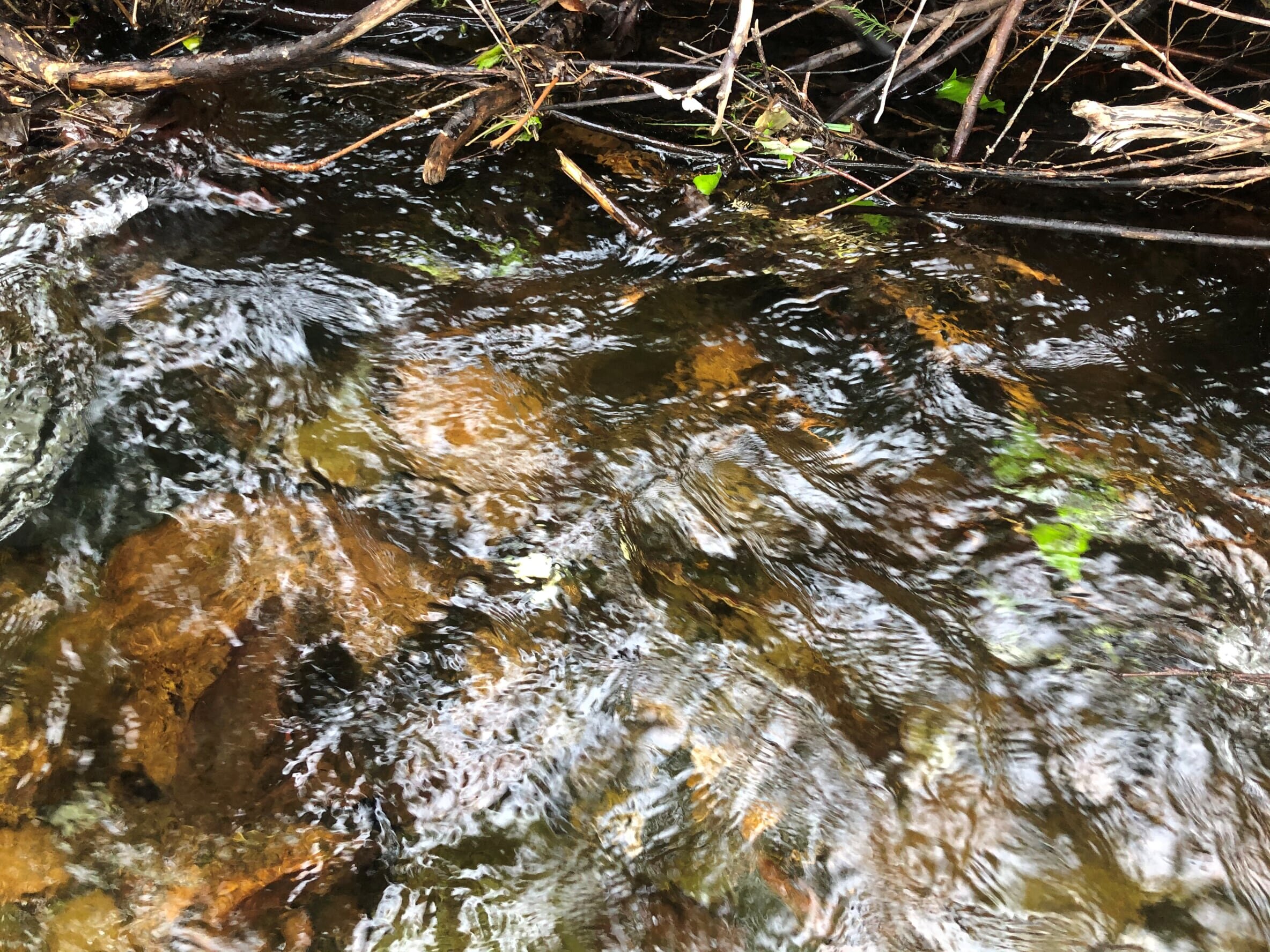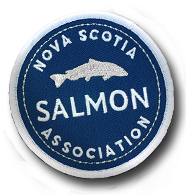
Issues

Species at Risk Act
The Nova Scotia Salmon Association opposes the proposed listing of Atlantic Salmon under the Species at Risk Act for Eastern Cape Breton and Southern Upland populations.
Share your views by March 15, 2021.

Gold Mines
Gold Mines consume an enormous amount of natural ressources - including land and water. They can have a disastrous effect on local environments and should not be approved on critical Atlantic Salmon watershed.

Acid Rain
For generations, Acid Rain has deteriorated water quality on the Atlantic Coast of Nova Scotia. The NSSA has become a global leader in mitigating the effects.

Habitat & Water Quality
The most critical factors for healthy, sustainable runs of wild Atlantic Salmon and Trout.
Open Net Pen Aquaculture
Open net pen salmon aquaculture has been shown to be harmful to wild salmon stocks in Canada. These aquaculture operations often lead interbreeding of escapees and the spread of parasites and disease to threatened and endangered wild salmon stocks leading to decreased productivity. Land-based aquaculture technologies have proven that salmon can be produced sustainably without harming the wild Atlantic salmon stocks. The Nova Scotia Salmon Association urges that government support the shift of salmon aquaculture in Nova Scotia from sea-based to land-based, closed containment technologies that cannot harm wild Atlantic salmon populations.
Invasive Species
In Nova Scotia, there are two freshwater fish species that are considered invasive. An invasive species is a species that is not native to an area and that causes ecological or economic harm. In NS, Chain Pickerel and Smallmouth Bass meet this definition. Some argue that Brown Trout and Rainbow Trout also meet this definition for their impact on our native Speckled (Brook) Trout though they have not been officially designated as such.
